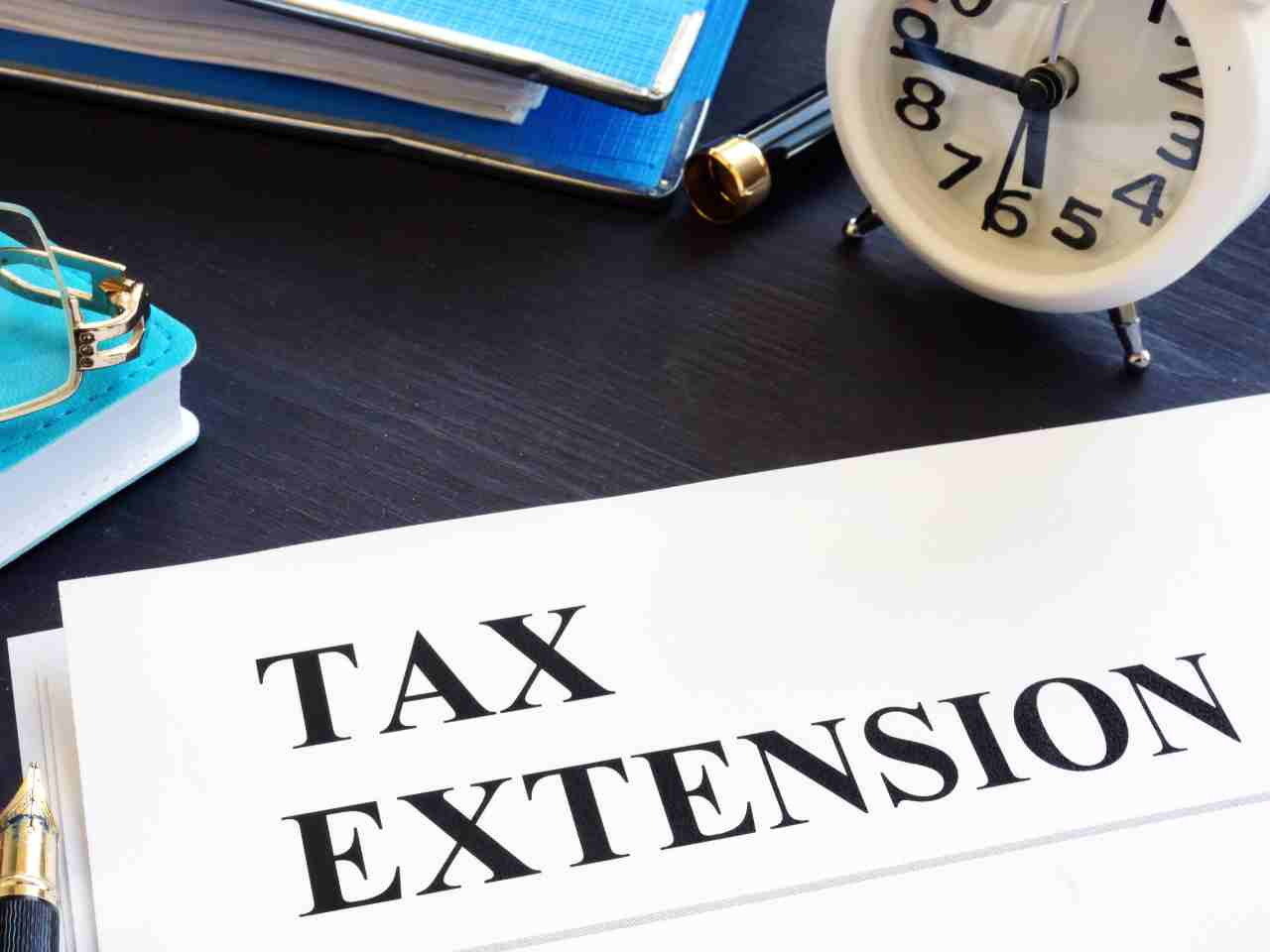Tips & Advice
We are pleased to provide a variety of resources on accounting, taxation and other related subjects that we hope will be helpful to both individuals and businesses. Read through our blog posts below or browse through our Quick Tools resource menu. Have a question that isn’t answered here? We can help. Simply contact us by email or give us a call at 807-276-6272. We would be happy to meet with you for a free, no-obligation consultation.
Disclaimer:
The content provided in this blog is for general informational purposes only and is not intended as professional accounting, tax, or financial advice. While efforts are made to ensure the accuracy and timeliness of the content, errors or omissions may occur. The content does not constitute a client-advisor relationship. Readers should consult with a Chartered Professional Accountants or other financial professional for advice tailored to their specific needs. We are not liable for any actions one might take based on the information provided in this blog.
Your Accountant can Help File Your Taxes On Time
Even though there is a strike affecting the CRA and the public sector workers, you will not avoid penalties if you do not file your taxes by the May 1st deadline.
Filing your Canadian income tax on time is essential to avoid penalties and interest charges. In this blog post, we will discuss the importance of filing your Canadian income tax on time and the penalties you may be subject to if you are late.
Filing your Canadian income tax on time is important for several reasons. Firstly, the Canada Revenue Agency (CRA) requires all Canadian taxpayers to file their income tax returns by April 30th of the following year. When the 30th falls on a weekend, it is extended to the next business day. In 2023, the deadline is Monday, May 1st. Filing your income tax return on time ensures that you receive any tax refunds or credits you may be entitled to in a timely manner. If you fail to file your income tax return by this deadline, you may be subject to penalties and interest charges.
What are the penalties for filing your Canadian income tax late?
The penalty for filing your income tax return late is 5% of the balance owing plus 1% of the balance owing for each full month that your return is late, up to a maximum of 12 months. In addition to the penalty, you may also be subject to interest charges on any unpaid tax balance. The CRA charges compound daily interest on any unpaid tax balance, which can add up quickly.
If you have been assessed a late-filing penalty in any of the previous three years, the penalty for filing your income tax return late increases to 10% of the balance owing plus 2% of the balance owing for each full month that your return is late, up to a maximum of 20 months.
What should you do if you are unable to file your Canadian income tax on time?
If you are unable to file your Canadian taxes on time, you may be subject to penalties and interest charges. However, if you have a legitimate reason for the delay, the Canada Revenue Agency (CRA) may consider waiving one or both.
Your accountant can help you file your Canadian taxes and provide guidance on how to avoid penalties and interest charges.
To request relief from penalties and interest, you should contact the CRA as soon as possible and explain your situation. The CRA will review your case and determine whether you qualify for relief.
The CRA may be able to provide you with an extension or help you make arrangements to pay any tax owed. In some cases, the CRA may also waive or reduce penalties and interest charges if you can demonstrate that you had a reasonable excuse for filing your income tax return late. Examples may include:
- Natural disasters or other circumstances beyond your control
- Death in the family
- Serious illness or hospitalization
- Delays in receiving any necessary documentation from third parties
Even if the CRA agrees to waive any penalties and interest, you will still be required to file your tax return and pay any taxes owed. It is important to note that, even if you gain relief from those penalties and interest, interest on outstanding taxes will continue to accrue on any balance until it is paid in full.
While it might not seem like it, the CRA is there to help you.
Finally, it's always a good idea to work with a qualified accountant when preparing your taxes, as they can help ensure that your tax return is accurate and complete and that you take advantage of all available deductions and credits. Your accountant can also help you with tax planning throughout the year to minimize your tax liability and avoid any issues with the CRA. They can provide guidance on how to keep proper records, what expenses are deductible, and other tax-related matters.
Do not hesitate to contact our office to discuss your individual income tax needs.
When you subscribe to the blog, we will send you an e-mail when there are new updates on the site so you wouldn't miss them.

